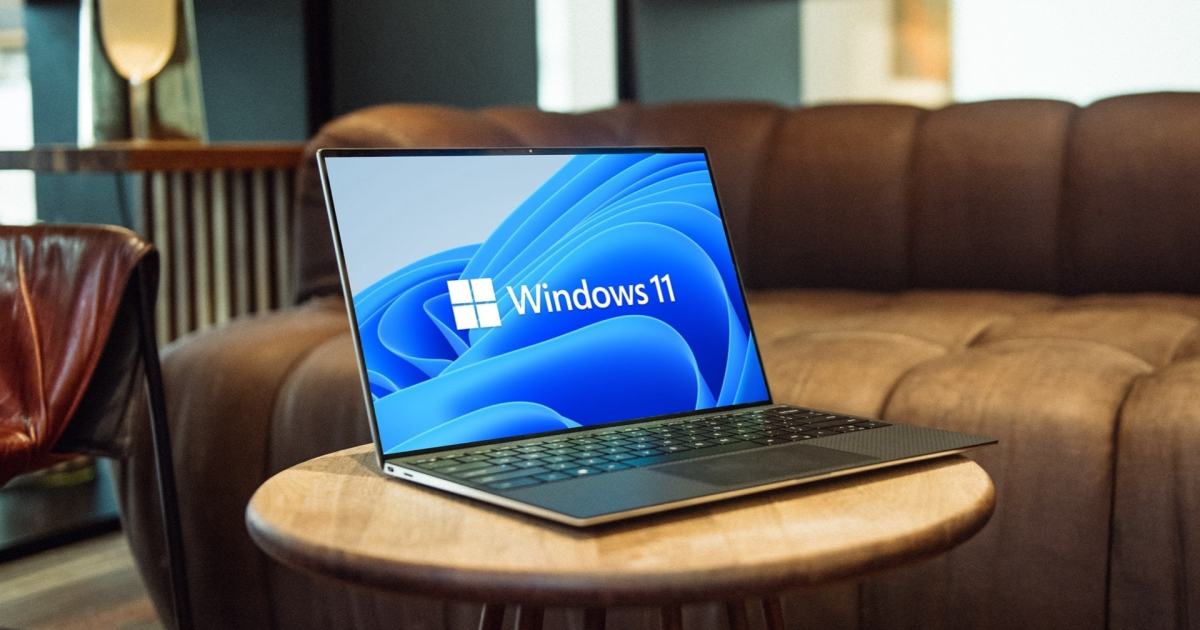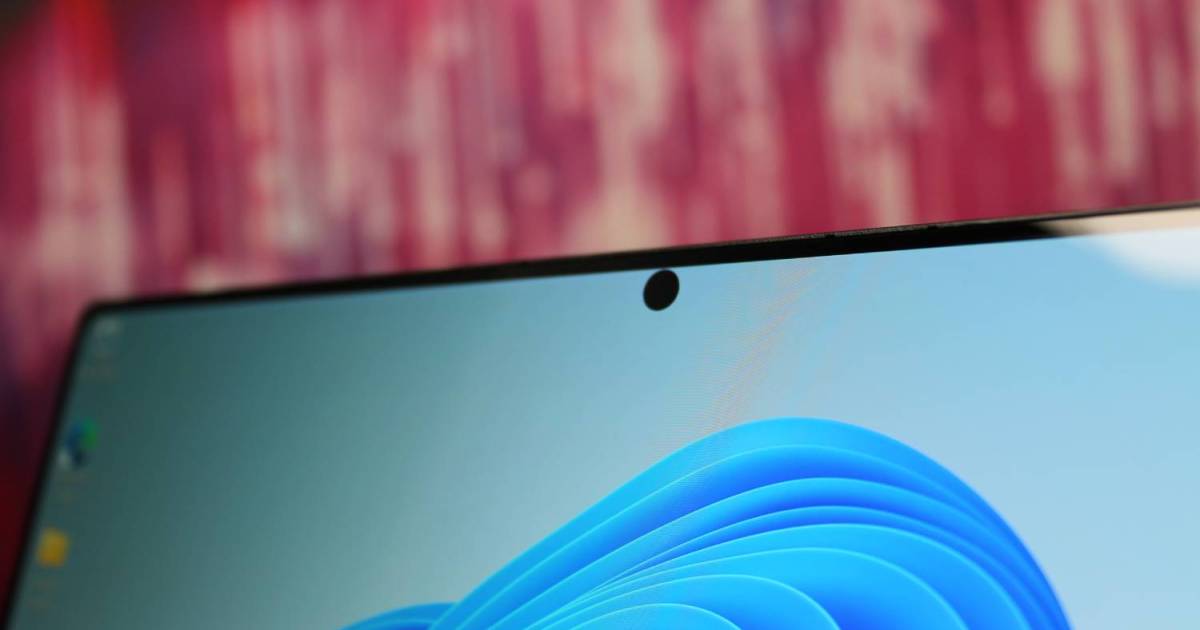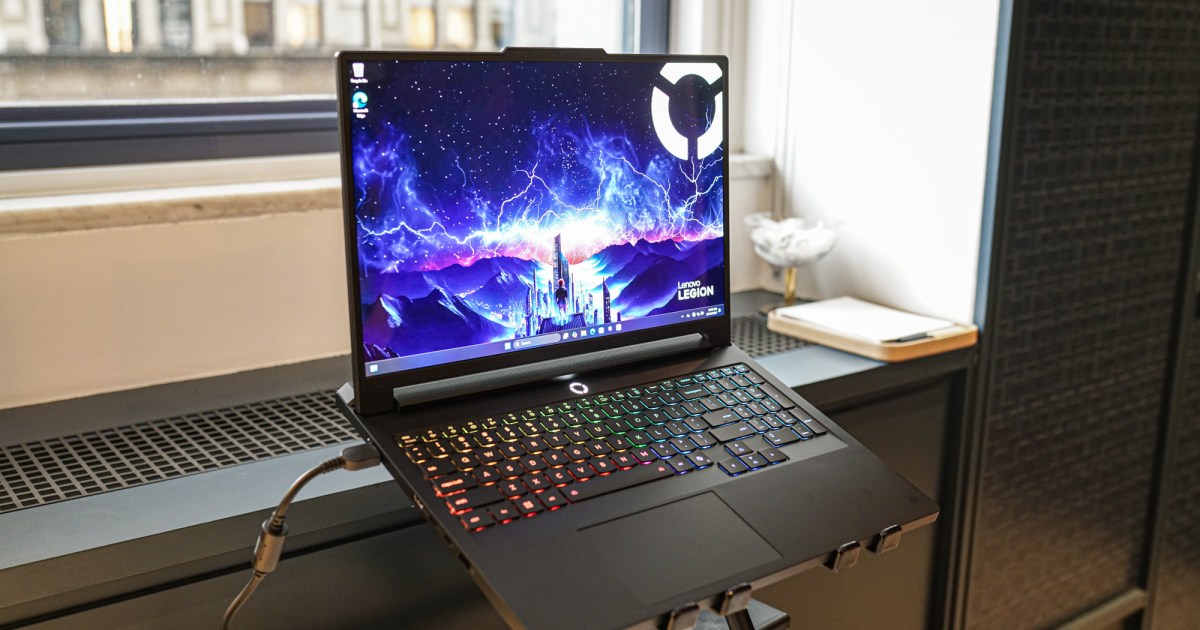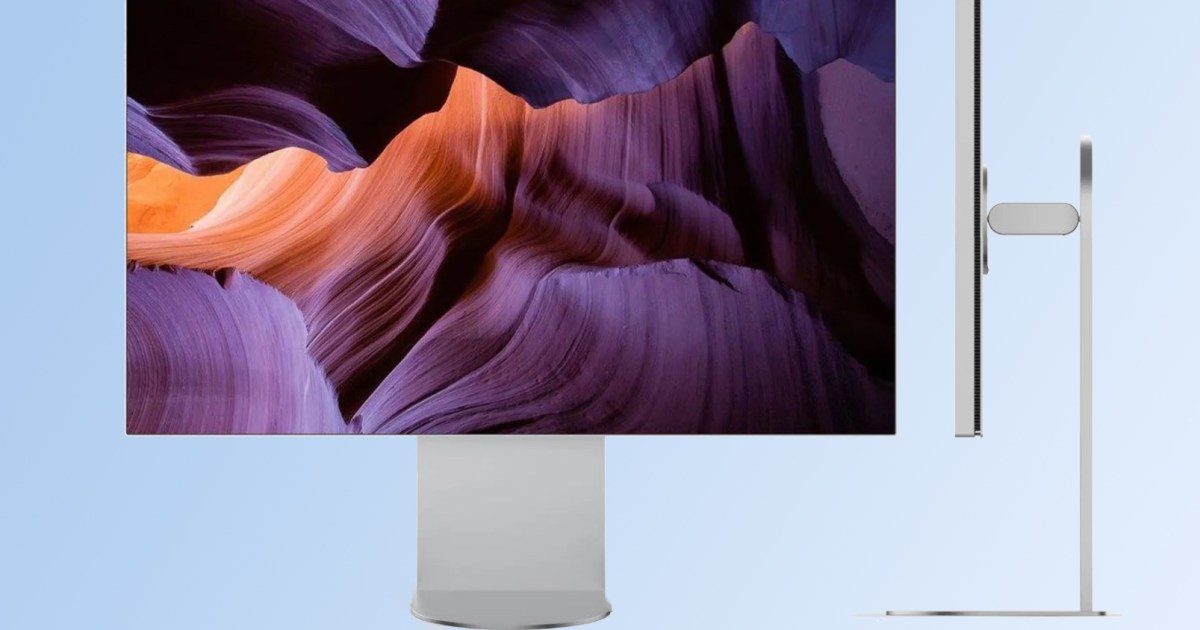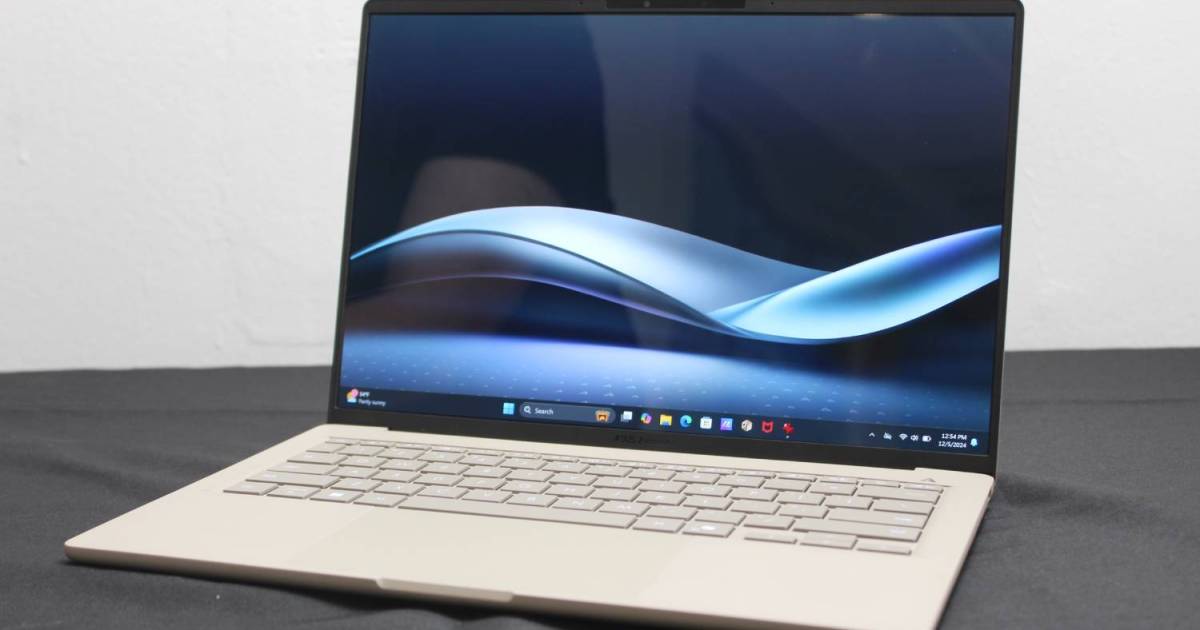Microsoft has reaffirmed its commitment to retiring Windows 10 in October 2025, shifting its focus towards Windows 11 and Copilot+ PCs. The company outlined its future plans in a recent blog post, emphasizing Windows 11 as the primary operating system moving forward. This strategic direction makes the prospect of a Windows 12 release seem unlikely in the near future.
According to Yusuf Mehdi, Microsoft’s executive vice president and consumer chief marketing officer, “Windows 10 will reach the end of its life cycle on October 14, 2025. After this date, Windows 10 PCs will no longer receive security or feature updates, and our focus is on helping customers stay protected by moving to modern new PCs running Windows 11.”
Instead of solely focusing on software upgrades, Microsoft is encouraging users to invest in new devices pre-installed with Windows 11. This strategy echoes a 2023 trend where enterprise users opted for new hardware with Windows 11 rather than upgrading their existing systems. This hardware refresh cycle significantly contributed to the early growth of Windows 11.
At CES 2025, various manufacturers showcased Windows 11 PCs equipped with components from Qualcomm, Intel, AMD, and Nvidia, all optimized for Copilot+ AI functionalities.
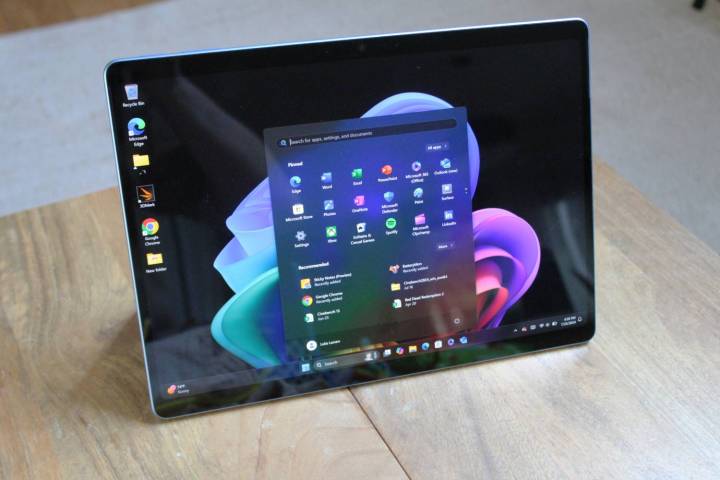 Microsoft Surface Pro 11 front view in tablet mode.
Microsoft Surface Pro 11 front view in tablet mode.
Recent statistics from IDC indicate that roughly 80% of businesses plan to invest in new PC hardware by the end of 2025. Furthermore, 70% of consumers intend to upgrade their devices within the next two years. These trends are expected to propel Windows 11’s market share and solidify the position of AI-powered PCs in the tech landscape.
Mehdi reinforced this message, stating, “Whether the current PC needs a refresh, or it has security vulnerabilities that require the latest hardware-backed protection, now is the time to move forward with a new Windows 11 PC.”
While phasing out Windows 10, Microsoft continues to enhance Windows 11 with regular software updates. Following the 24H2 update in 2024, the 25H2 update is slated for release later this year. This update is expected to further develop Windows 11’s existing features, rather than introduce a new Windows version. This approach aligns with Microsoft’s previous strategy with the substantial 24H2 update, initially rumored to be Windows 12 but ultimately remaining within the Windows 11 ecosystem.
In conclusion, Microsoft’s current roadmap prioritizes Windows 11 and the adoption of new hardware, particularly Copilot+ PCs. With Windows 10’s end-of-life approaching, the company is actively encouraging users to transition to Windows 11 for enhanced security and features. The upcoming 25H2 update will likely focus on refining the Windows 11 experience, rather than signaling the arrival of a new Windows version.



